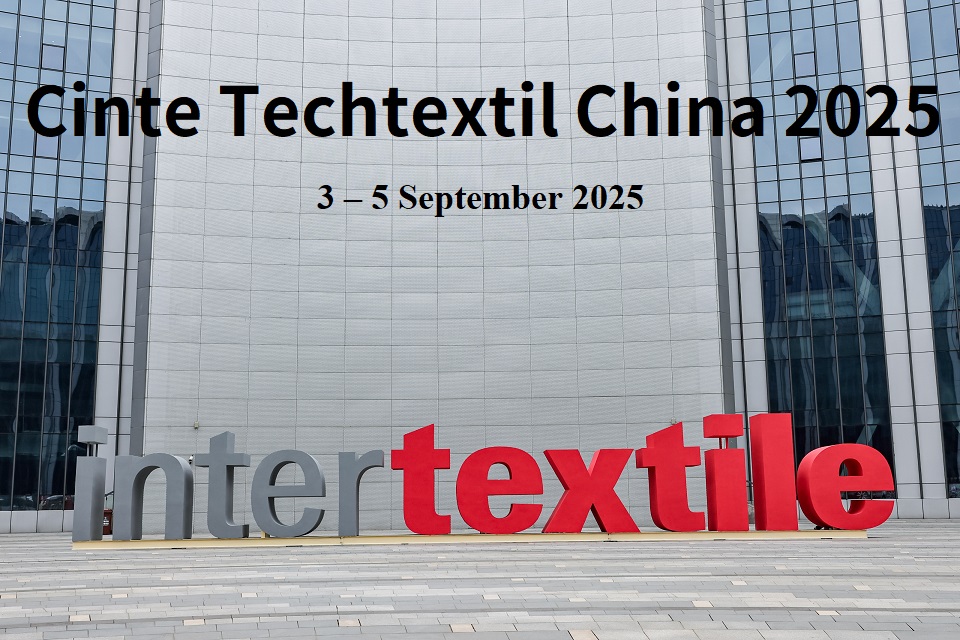The textile and textile products (TPT) industry has asked the government to tighten import regulations to stem the flood of imported products amid the Covid-19 pandemic. Observing import regulations can increase the utilization of the textile industry, which in turn will contribute to the recovery of the national economy.
"The textile industry is a labor-intensive industry that contributes significantly to the structure of the national economy, both in terms of contribution to gross domestic product (GDP) and in saving foreign exchange," said the Chairman of the Indonesian Textile Association (API), Jemmy Kartiwa Sastraatmaja in the webinar on the Salvation of the National Textile Industry from Illegal Importation Actions in Jakarta.
Jemmy revealed, API together with the Association of Indonesian Fiber and Filament Yarn Producers (APSyFI) were providing input to the Ministry of Industry (Kemenperin) and the Ministry of Trade (Kemendag) to make better textile import regulations. "All related parties must see which regulations are not good for the industry. We are not against imports, but we must be beautiful in making regulations that protect the domestic industry. If the industry collapses, many textile workers will be affected," he said.
With the fourth largest population in the world, according to Jemmy Kartiwa, Indonesia is a lucrative market for textile producing countries, such as China, Bangladesh and Vietnam. Moreover, the knowledge of the Indonesian people about textile quality is still very minimal. "They prefer low prices," he said. Jemmy explained that the micro, small and medium enterprises (UMKM) sector was the mainstay of the national textile industry during the pandemic. The MSME TPT industry, which is mostly located in the regions, can still operate 50-60%, even when the government closed the Tanah Abang market when Large-Scale Social Restrictions (PSBB) were first implemented last year. "Our MSME TPT is very large. If it is flooded with imported TPT, what will be affected is not only the industry, but also the MSME players, "he said.
He admitted that the Regulation of the Minister of Trade (Permendag) Number 77 of 2019 concerning the Second Amendment to the Minister of Trade Regulation Number 85 / M-DAG / PER / 10/2015 concerning the Provisions for the Import of TPT is in the spotlight of the textile industry players because it is suspected to be one of the causes of the flood of imported TPT.
The regulation allows holders of Import-Producer Identification Number (API-P) to import raw materials. The problem is, the online system makes it easy to create API-P, so anyone can create API-P. For that, API-P verification is very important. "We ask API-P to really be verified, does it really have employees, how much electricity is paid, how much taxes are paid. Maybe it can control the ignorant API-P holders, "he said.
Meanwhile, Chairman of the Association of Indonesian Textile Experts (IKATSI), Suharno Rusdi said, illegal imports of textile and textile products have been rampant in the last two years, causing the country to suffer trillions of rupiah in losses. He cited the case of the Bonded Logistics Center (PLB) malfunction. Also uncovered the smuggling of hundreds of containers in one port.
"All of this has clearly disrupted the growth of the domestic textile industry. Illegal imports of TPT are rampant due to the high price disparity between domestic and overseas, "he said. According to Suharno, the textile industry contributed greatly to gross domestic product (GDP). Likewise its exports. In 2019 and 2020, the exports of TPT respectively US $ 15 million and US $ 11-12 million.
The textile industry employs about 3.6 million people. On the other hand, the Deputy Attorney General for Special Crimes at the Attorney General's Office (Kejakgung), Rudi Margono, admitted that It can be used by individuals to carry out illegal imports. "The most common mode is imports exceeding the quota," he said. Batam and Surabaya, said Rudi, are still the main gateways for the entry of illegal TPT.
At least this can be seen in the last two cases of arrests in the area. . "Manipulated document. The contents of the container are different from those in the document. "There was collusion with the recipient," he said. According to Rudi Margono, this despicable and illegal practice could be exposed if a comprehensive audit was carried out. "An audit must be carried out so that it is found out which companies are carrying out illegal imports and damaging the domestic textile market," he said.





